The Never-Ending Tariff Story
For paid subscribers: Donald Trump’s latest arbitrary tariff threat, this time against Brazil, has once again enveloped the coffee industry in chaos and uncertainty. When will it end?

Hello and welcome to an extremely quiet week for the Coffee News Roundup.
It’s going to be a brief one, folks, so let’s get to it.
Light on news the week might be, but what news there is seems to be pretty big.
Take this story from Bloomberg about Burundi taking a seemingly extreme step to help its coffee farmers: nationalizing the entire industry.

Granted it has only been privatized since 1991, but this still feels like a bold move—the Burundi government blames falling production on private companies exploiting farmers, and believes the way to solve this is to take back control.
According to Environment, Agriculture and Livestock Minister Deo Guide Rurema, “There are companies and private operators who are here just to do business and do not take farmers’ interests into account.”
Although it appears the National Confederation of Coffee Growers Associations was not consulted about the move. President Joseph Ntirabampa told Bloomberg, “For many years, farmer platforms have invested in production and now the government wants to control our plants. How will this happen?”
Burundi is reliant on coffee to boost its export income, with more than 80% of its foreign-exchange income generated by the sector.
Let’s see where this goes before jumping to conclusions, but the fact that a government feels the need to take such drastic steps to revive its coffee sector says a lot about the state of the industry more generally.
Big yikes here.
I recommend reading the article for a full rundown of what happened, but essentially the owner of Urban Bean in Minneapolis, MN, is being accused of just a whole slate of awfulness by former employees and even customers.
From verbal abuse to harassment, bullying, and physical violence, Greg Martin is alleged to have subjected baristas and patrons to it all.
A couple of snippets from the article:
[Natalie] Krueger says working at Urban Bean was the most stressful job she’s ever had, and that Martin was a master of presenting two sides of himself: the cool, chill guy who bought drinks and showered her with compliments, and the verbally abusive boss. By the time she quit—less than a year after she started—she was having panic attacks every time she left the apartment for work.
“I would regularly wake up in the middle of the night to a dozen texts demanding I get back to him about the smallest problems,” she says. “He would quite regularly call us employees stupid. I witnessed him firsthand being particularly hostile towards the young cis women who worked for him.”
And:
The verbal abuse noted in Urban Bean's reviews on Google and Yelp is corroborated by former staffers. "He has called me and CUSTOMERS 'retarded' multiple times to their faces for things like taking too long to grab their drink," one ex-barista said. "When I would make him upset (e.g. giving my friend a day-old pastry) he would threaten to fire me, kill me, or beat me. He would say, 'You think i’m fucking joking?'"
Employees also say Martin had a habit of withholding payment or stealing tips. Some allege they weren't paid for training or had checks withheld after they quit.
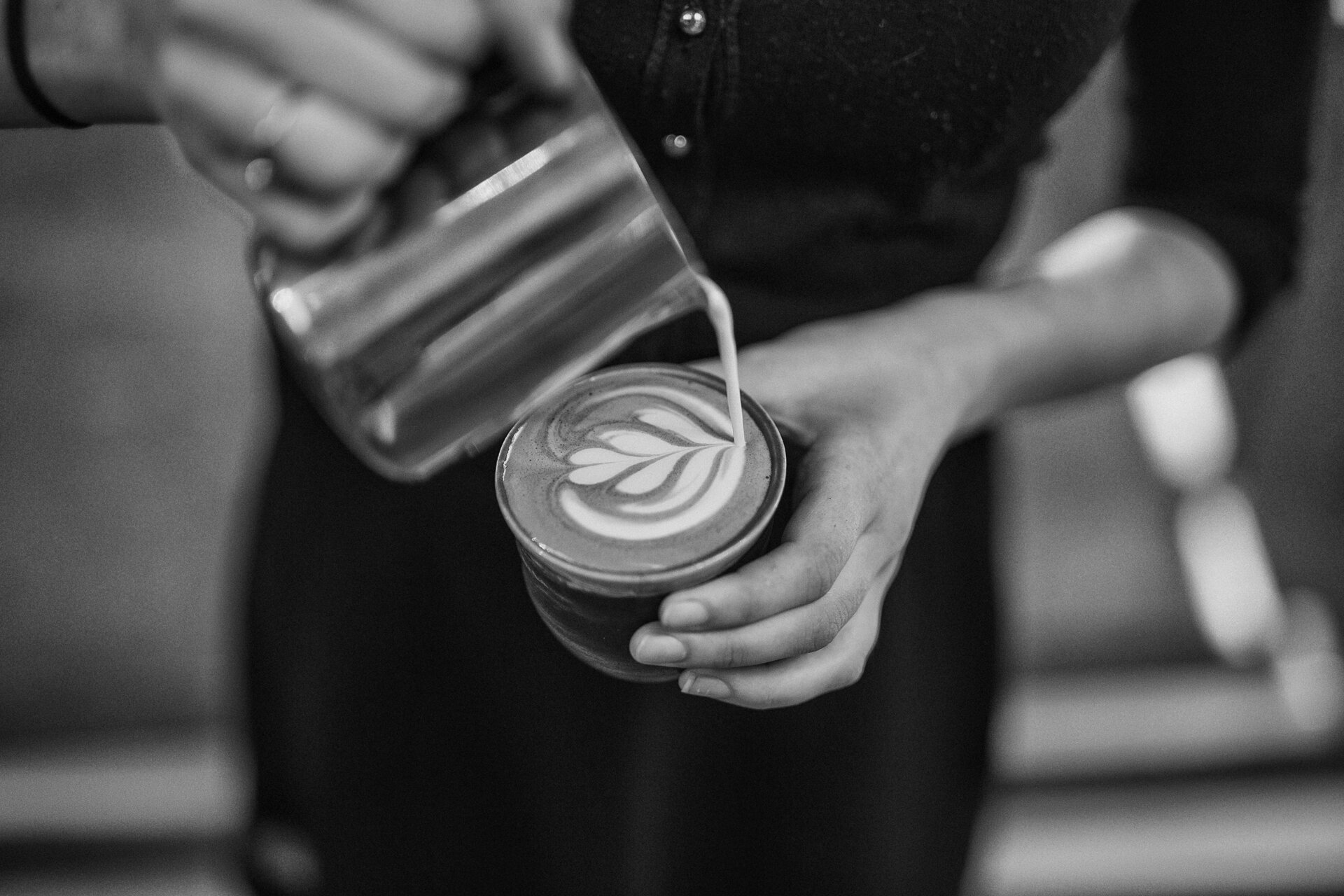
This sort of behavior isn’t exactly limited to the coffee industry, as anyone who has worked in the service industry can tell you, but it is remarkable how many stories have come out in the past few years of male business owners making their employees’ lives difficult with intimidation, manipulation, and bullying.
The line that stuck with me was, “He would joke we were all his daughters, so it was a family business, which mitigated any unprofessionalism.”
This is par for the course in small businesses, where the close-knit nature of the staff makes it harder to bring up complaints.
No rebuttal has come from Martin or Urban Bean, but Eater Twin Cities notes that all the company’s social media accounts have been shut down.
So I’m not entirely sure what a Jason Mraz is (update: the internet informs me that he’s some sort of songstrel) but the fact that coffee is being grown in Southern California is pretty cool.
$35 for a cup of coffee seems like a lot, but this is a Gesha variety (not “geisha” as the article keeps calling it), widely praised for its delicacy, aroma, and refined taste. Then, it’s grown in California, which obviously adds a premium. And finally, something something Jason Mraz.
Honestly, I like the idea of paying more for a product because the bloke who grew it also happens to play the guitar.
Does crooning translate to farming? Would you pay more for a baked potato because Tom Waits happened to own the farm it came from?
Actually don’t answer that, it’s a stupid question.
Of course you would.
I was actually quite impressed by Andrea Illy in this interview with Bloomberg Businessweek talking about his company’s goals for helping to address the global climate crisis (or at least, negate its own impact).
He spoke well about his plans, including the aim for carbon neutrality by 2033 (he did pick that date because it’s his company’s birthday, which seems a bit arbitrary, but whatever); the impact climate change has already wrought on producing countries; and using coffee farms as carbon sinks to capture and sequester carbon naturally. It’s worth reading the whole interview.
But then this:
But capsules have a downside—they can enter landfills as trash. Is there a better way?
Capsules do have an environmental impact. They’re typically made with 100% recyclable materials, either plastic or aluminum. I hope in the future there will be compostable products. We produce our paper pod. In this case, it’s not a capsule. It’s a pod in compostable paper. There are some kinds of capsules that claim to be compostable in the market, but they have a footprint that is much worse than the noncompostable ones. Perhaps the future may bring more compostable materials, but it’s difficult, because we use hot water and pressure at the same time, and this is really stressful for material.
Which, look.
The “are capsules good or bad for the environment” debate is incredibly nuanced and complicated, with lots of technical terminology and phrases like “lifecycle analysis” that I don’t 100% understand.
But at the same time, a brewing method that relies on excessive consumerism and waste (Nespresso might claim their pods are easily recyclable, but they aren’t) can’t be the answer.
Consume less, waste less, buy a cloth or metal filter for your Chemex, make just what you need, and pay more for your coffee.
Or something. I don’t know, I’m not the CEO of a major coffee company.
Nothing to see here, folks, move along.
While drinking plenty of water.
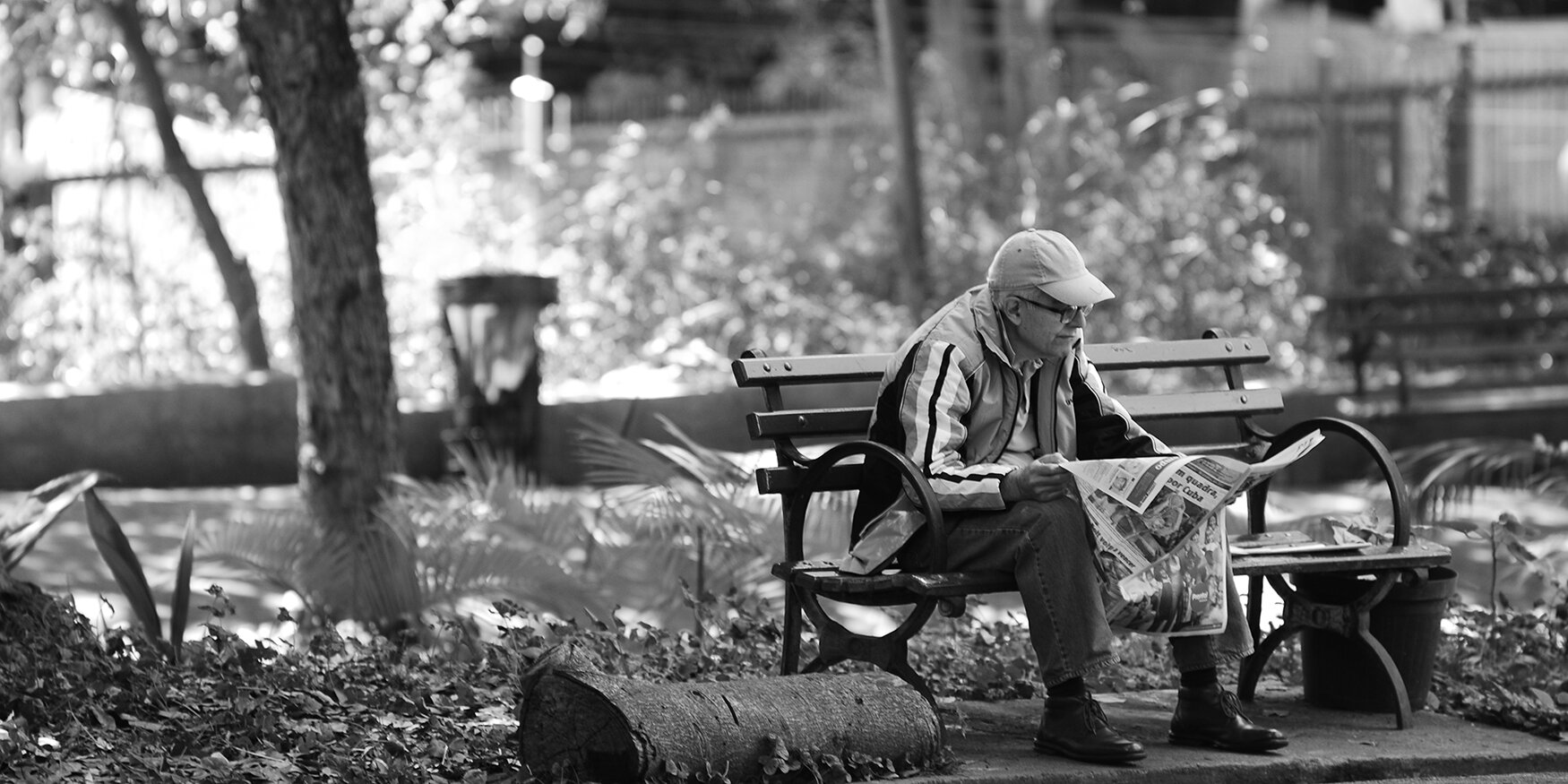
Are Low Prices Fueling Displacement? A Closer Look At Coffee and Emigration by Chris Kornman
Until next week, drink good coffee.
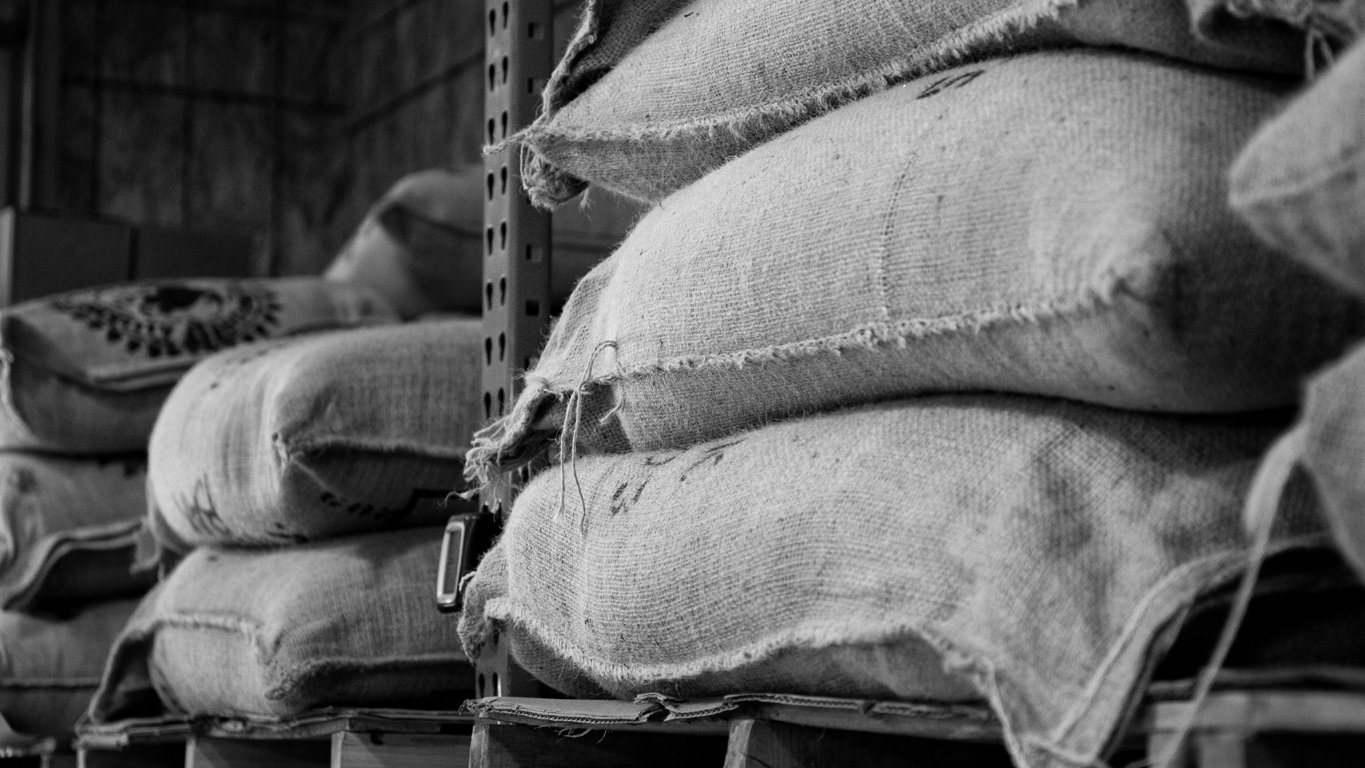
Nov 24, 2023 Connecting the Dots: Inside the 2023 Coffee Barometer Nov 24, 2023 Nov 24, 2023
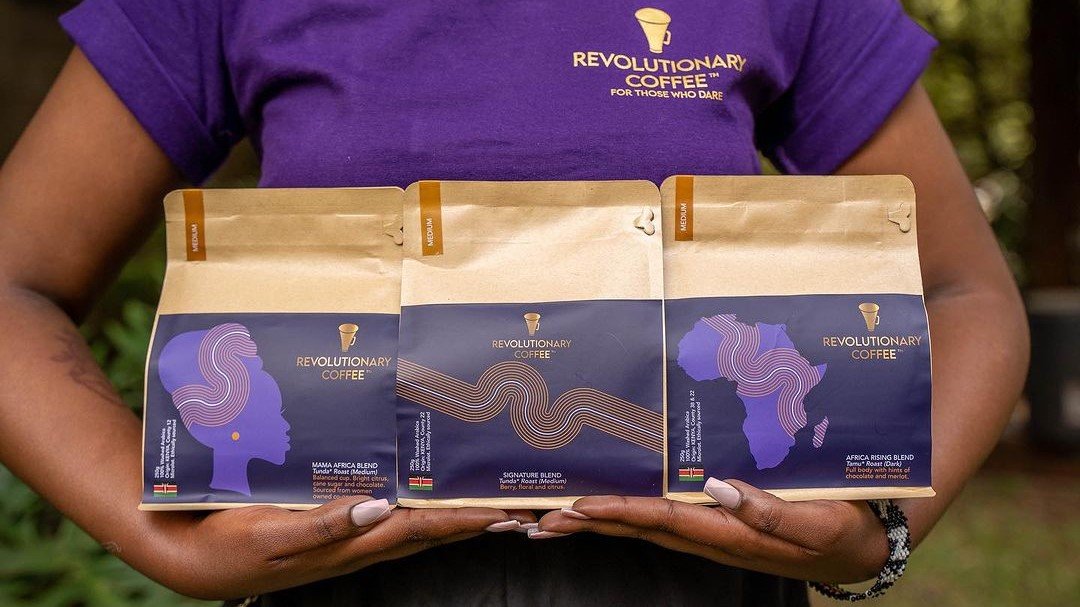
Oct 21, 2023 'Specialty Coffee Should be Enjoyed by Those Who Grow It': The Farmer's Daughter Joining Kenya's Coffee-drinking Revolution Oct 21, 2023 Oct 21, 2023
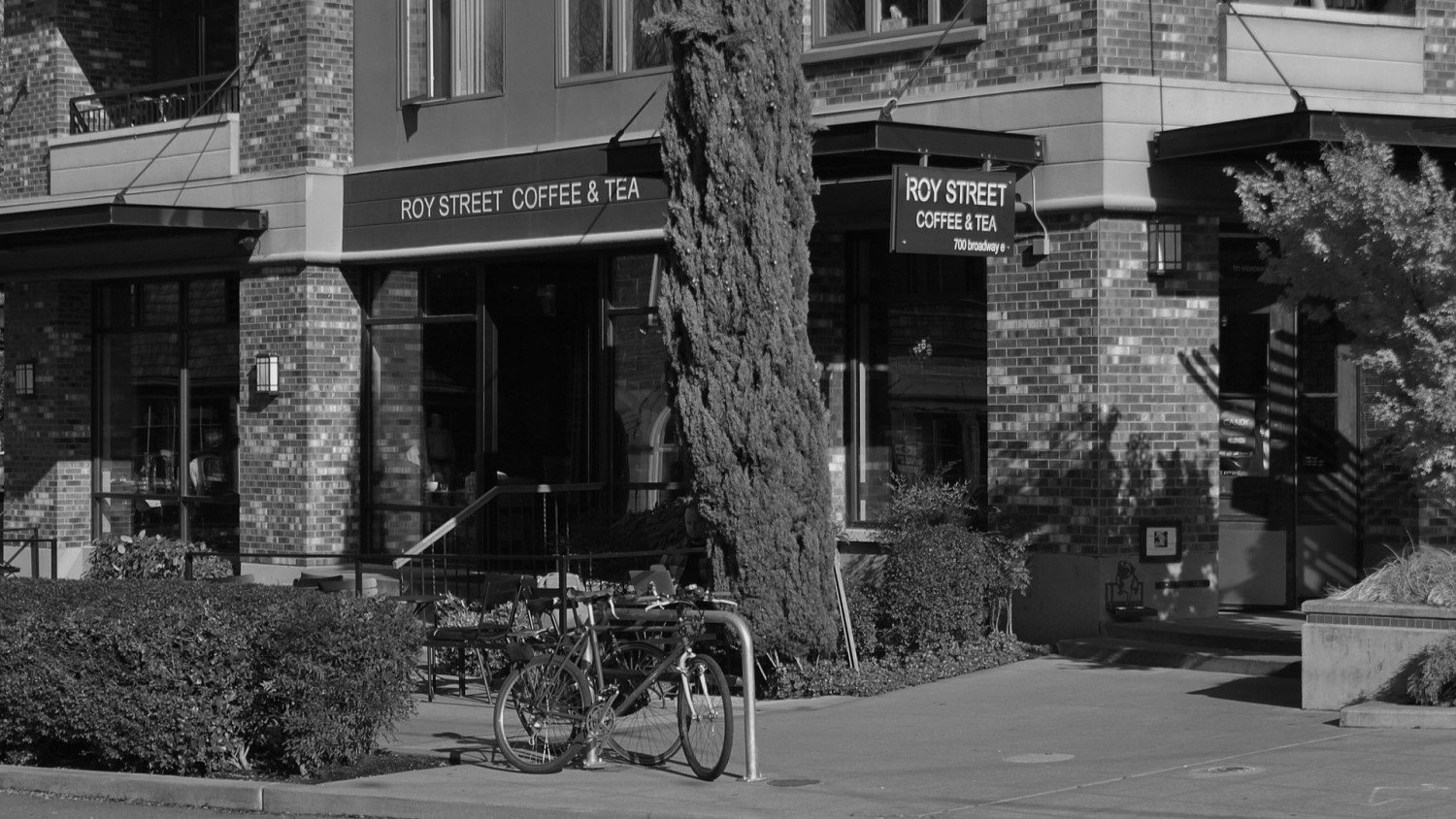
Oct 6, 2023 Stealth Starbucks: A Premonition of Modern Specialty Coffee Oct 6, 2023 Oct 6, 2023
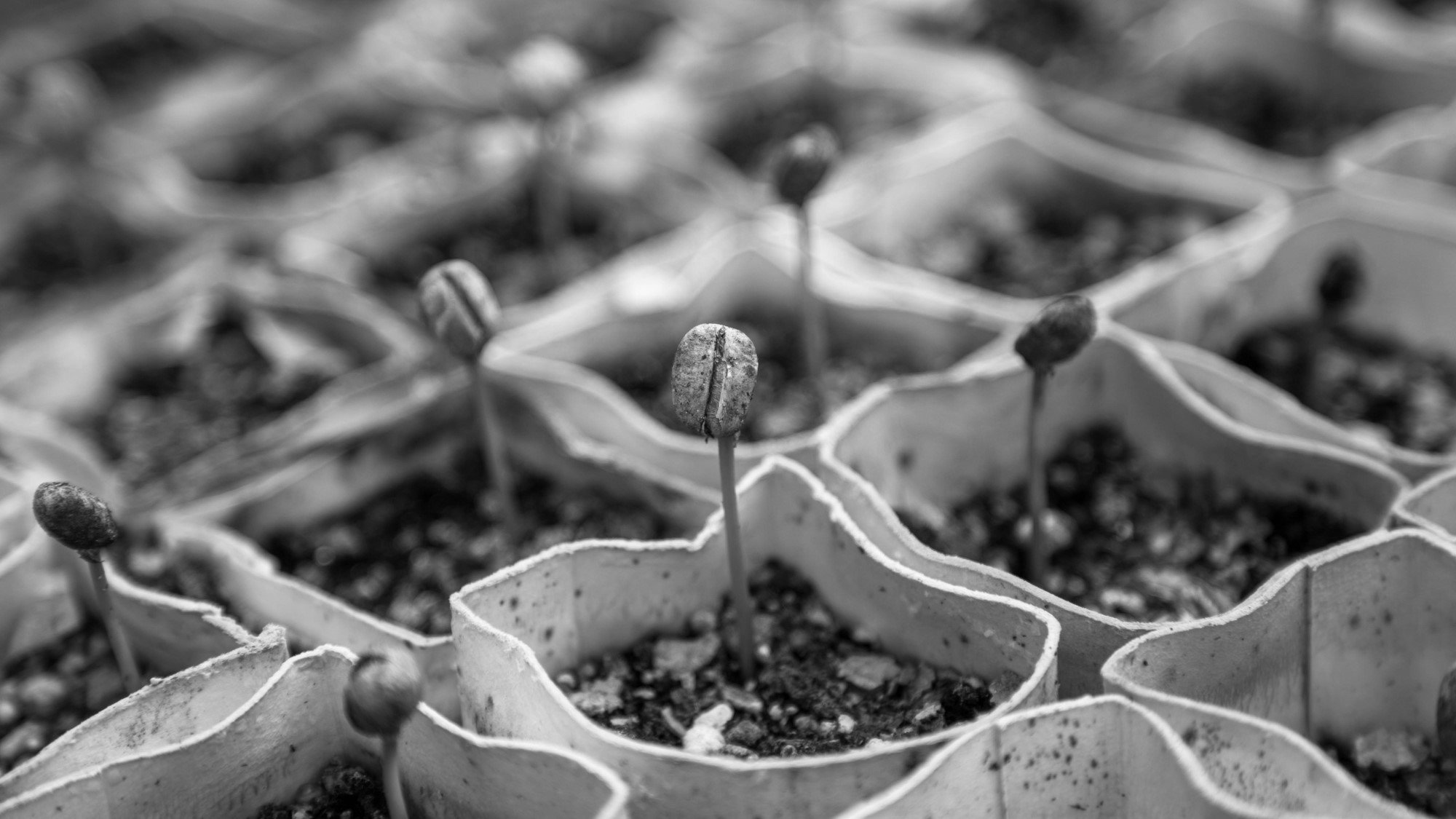
Sep 22, 2023 Can the Coffee Change Fund Save Coffee? Sep 22, 2023 Sep 22, 2023
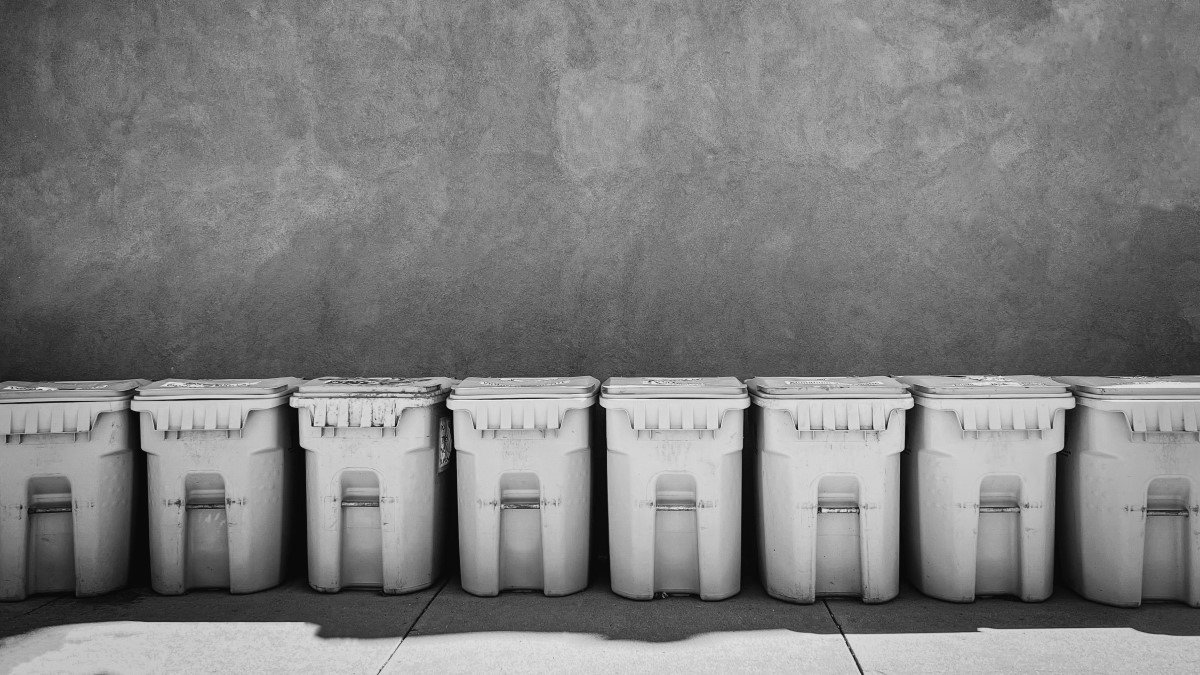
Sep 8, 2023 Upcycled Coffeewashing Sep 8, 2023 Sep 8, 2023
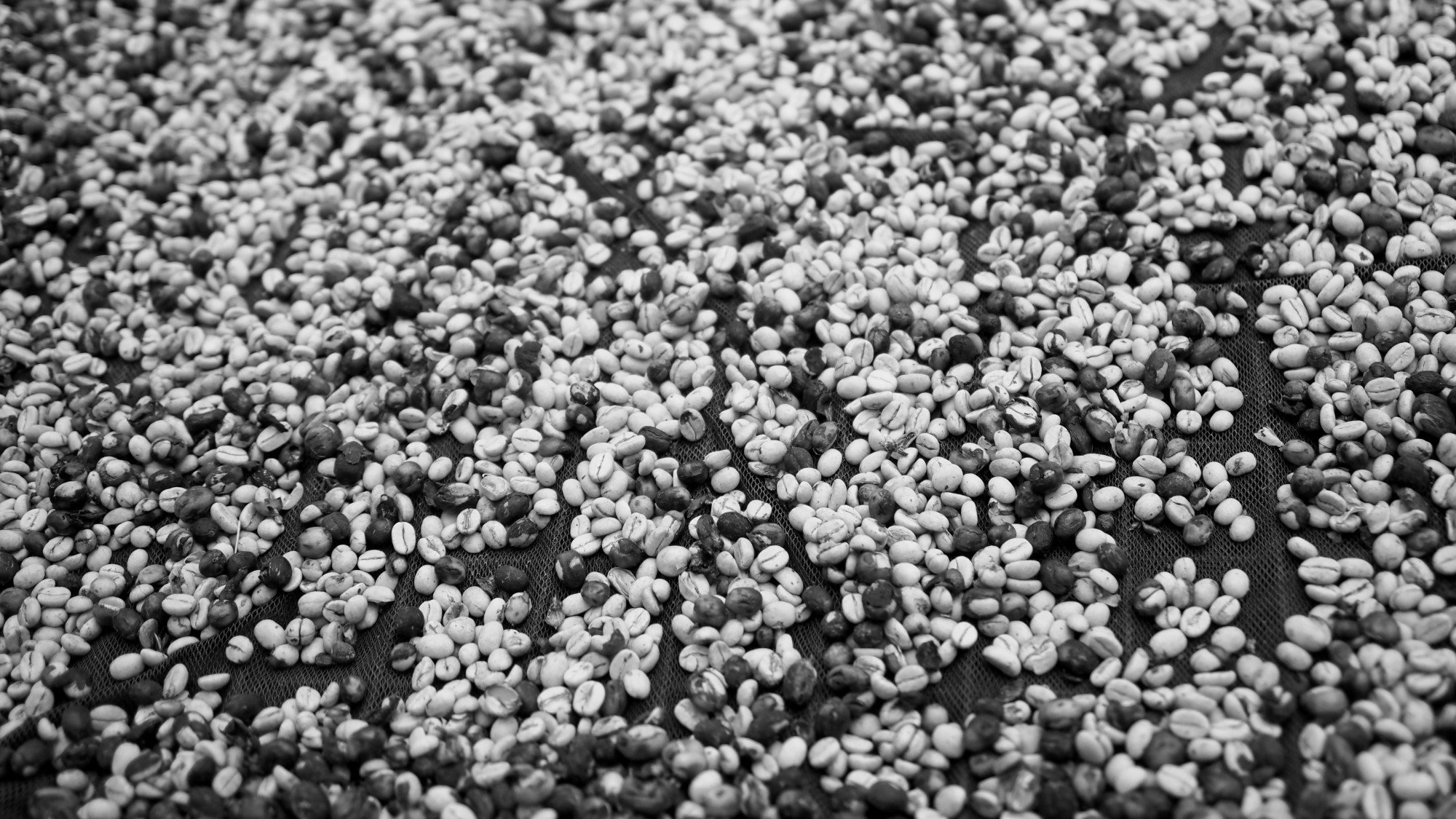
Aug 25, 2023 From A Concerned Farmer Aug 25, 2023 Aug 25, 2023

Aug 11, 2023 Philly is a (Coffee) Union Town Aug 11, 2023 Aug 11, 2023
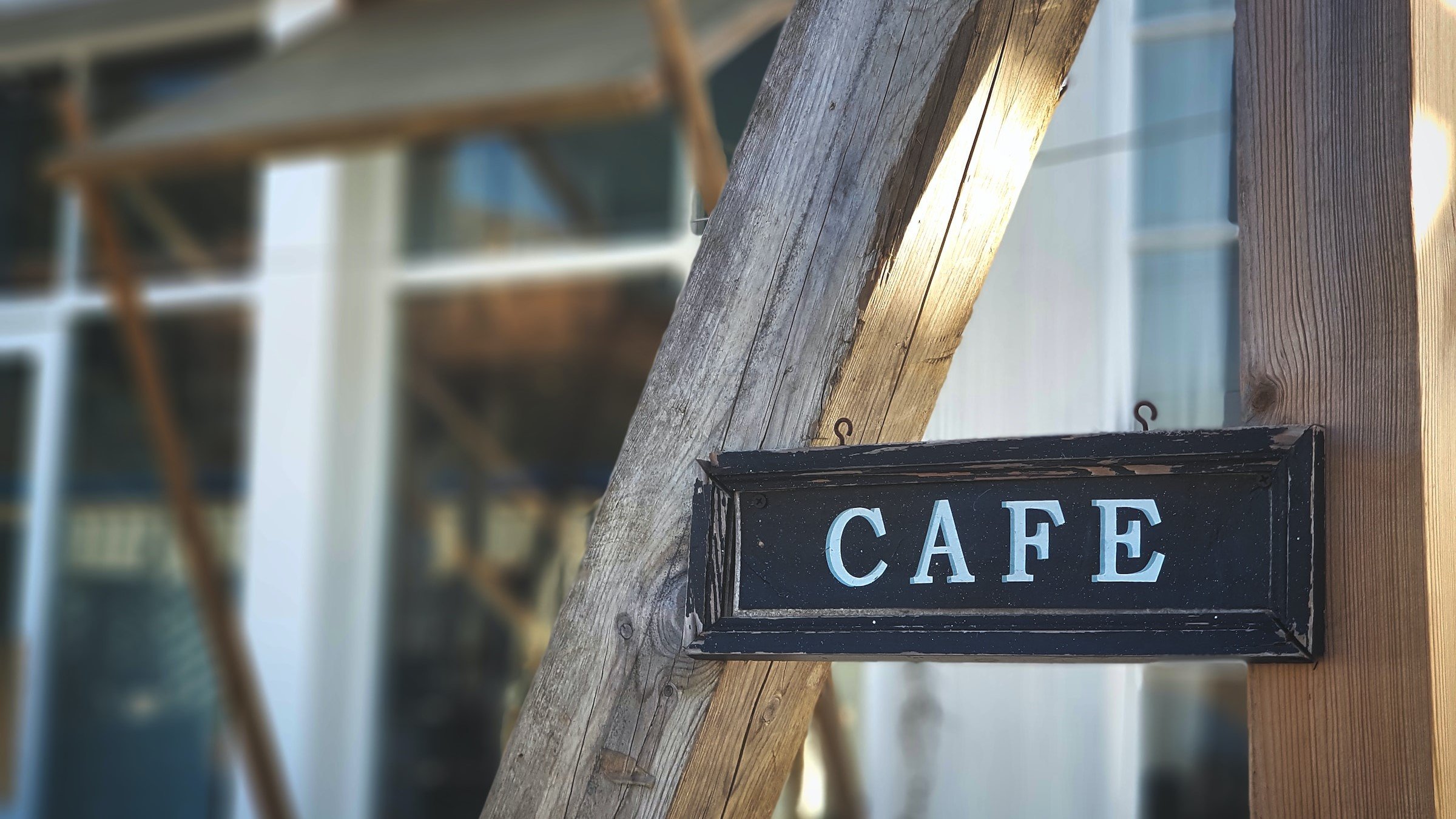
Jul 28, 2023 South Korea's Coffee Wars Jul 28, 2023 Jul 28, 2023
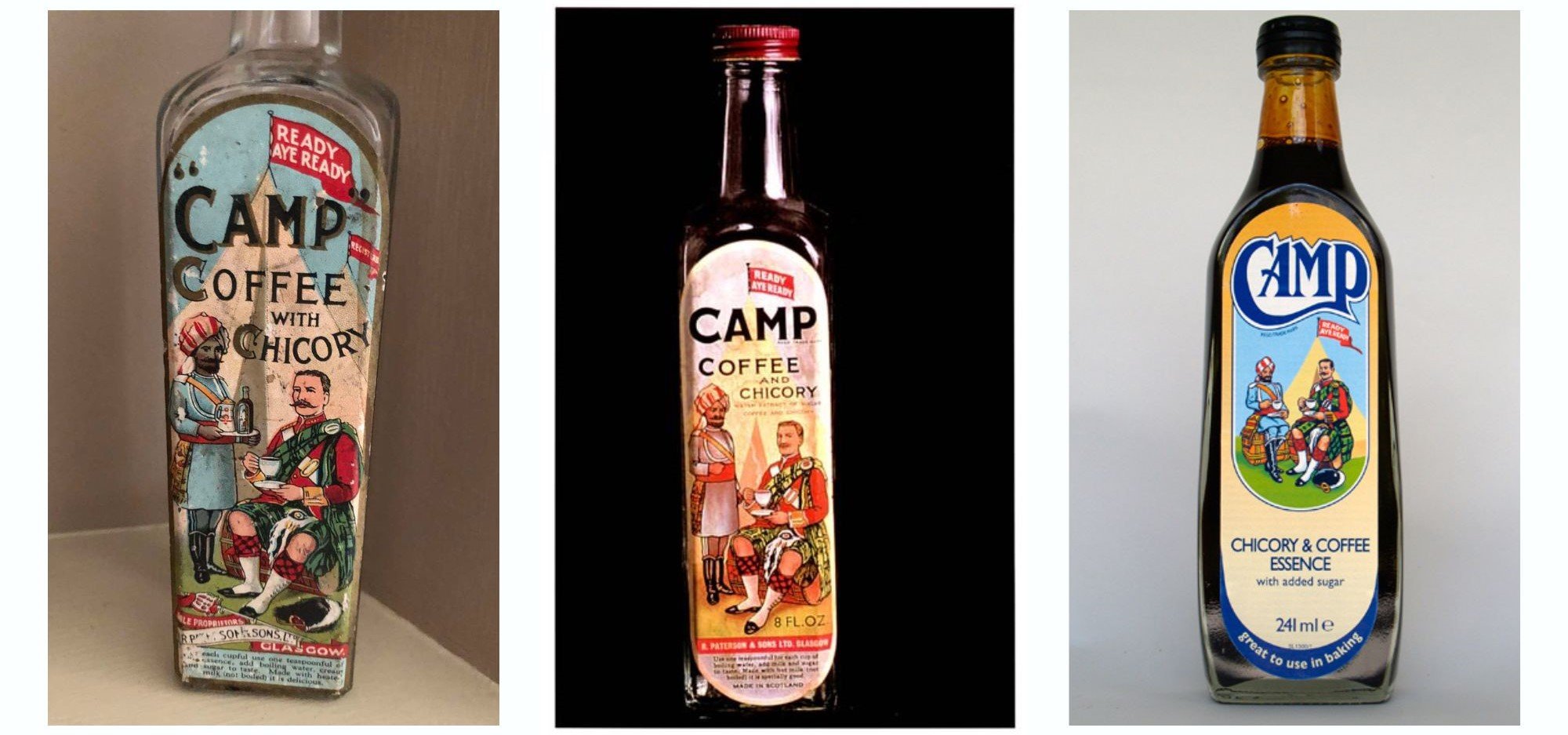
Jul 14, 2023 Camp Coffee, Colonialism, and the Evolution of a Brand Jul 14, 2023 Jul 14, 2023
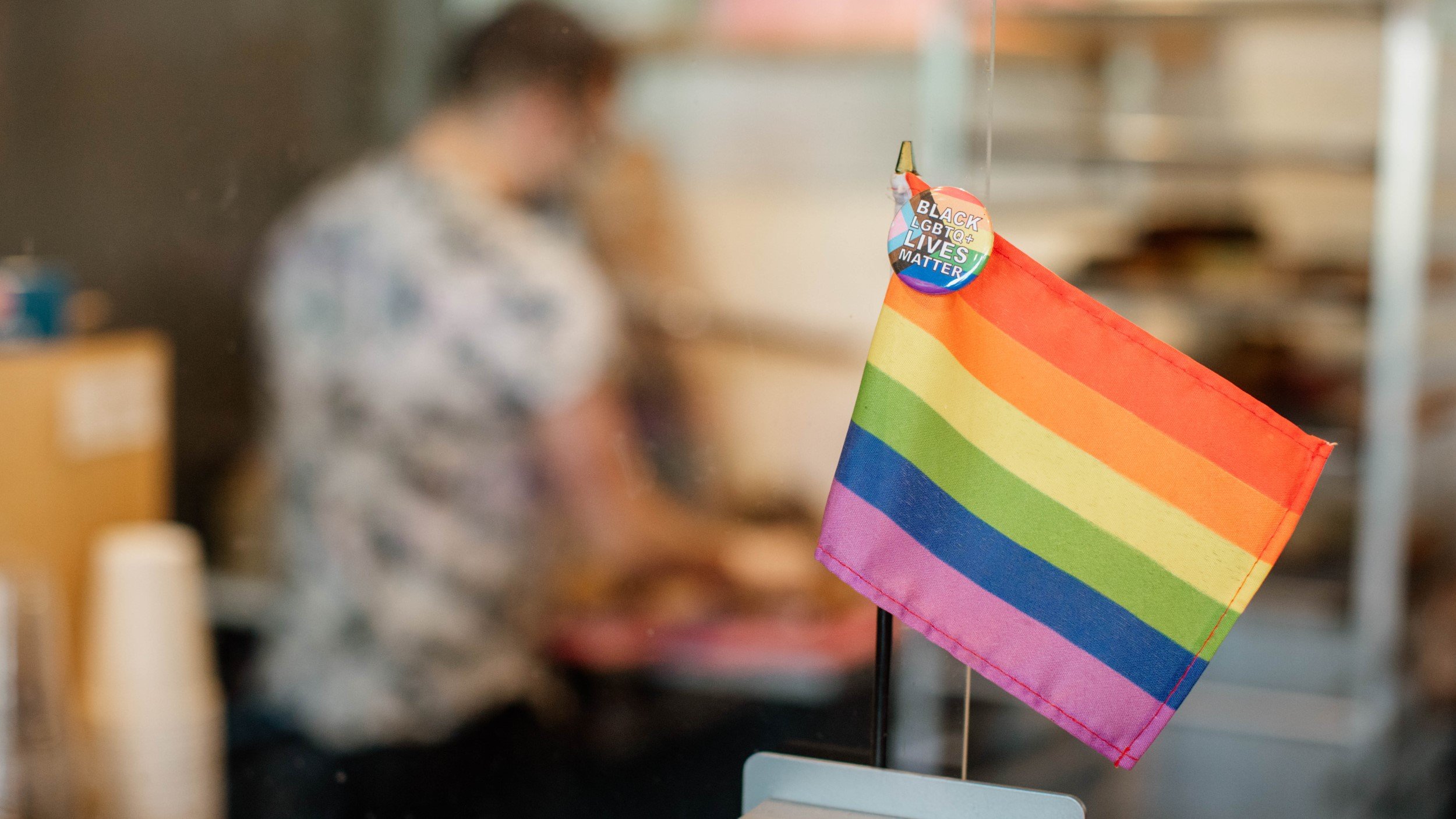
Jun 30, 2023 Defiance and Gay Frog Donuts: How Strange Matter Coffee is Navigating the Anti-LGBTQ+ Backlash Jun 30, 2023 Jun 30, 2023
A newsletter about coffee—its culture, politics, and how it connects to the wider world.